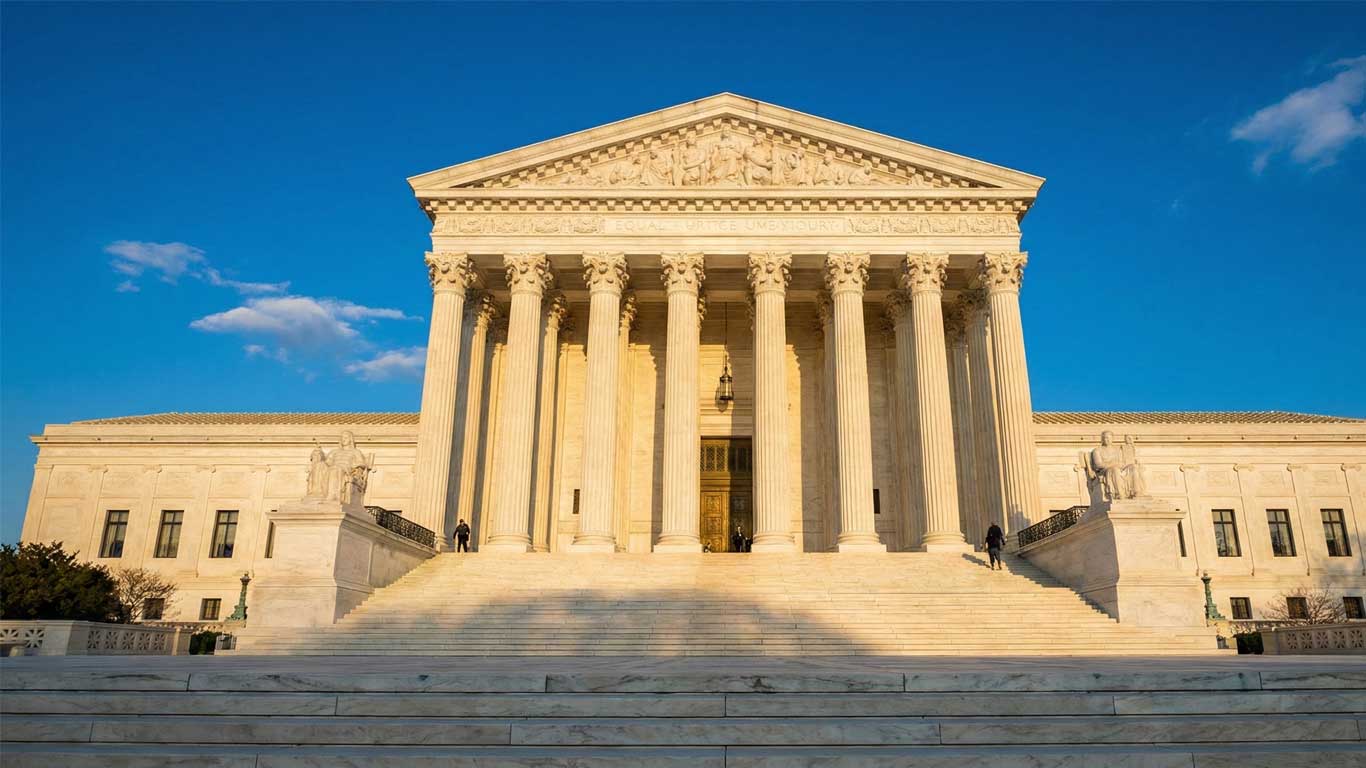
The New Jersey Appellate Division has weighed in on a case involving the Borough of Caldwell and Cozzarelli Cirminiello Architects, LLC (CCA), focusing on whether architects are subject to the New Jersey Consumer Fraud Act (CFA). The court’s decision provides clarity on the application of the “learned professionals” exception to the CFA, specifically for architects.
The case began when Caldwell sued CCA, alleging breach of contract, unjust enrichment, and a violation of the CFA. The architectural services provided by CCA between 2019 and 2022 included design, construction, and rehabilitation of public facilities. The core of Caldwell’s complaint centered on claims that CCA failed to deliver on its contractual obligations, including not producing construction documents, failing to support Caldwell in construction bids, and improper billing practices.
CCA moved to dismiss the complaint, raising several arguments. One of the key arguments was that the CFA claim should be dismissed because architects, like doctors and lawyers, are “learned professionals” and therefore exempt from the Act. The trial court denied the motion, leading CCA to appeal.
The Appellate Division reviewed the case, focusing on the question of whether the learned professionals exception applies to architects. The court began by outlining the CFA’s purpose, which is to protect consumers from fraudulent business practices. The CFA allows consumers to sue for damages, including treble damages, if they are victims of such practices. However, the court also noted that the CFA isn’t without limits, and one of those is the learned professionals exception. This exception, created by the courts, acknowledges that certain professionals, like doctors and lawyers, are subject to their own regulatory schemes and shouldn’t be held liable under the CFA for the quality of their professional services.
The Learned Professionals Exception
The court explained that the rationale behind the learned professionals exception is that it could create conflicts if the CFA were applied to professionals who are already subject to other regulatory bodies. The court cited the case of *Macedo v. Dello Russo*, which formally recognized the exception. In *Macedo*, the court explained that it would be “ludicrous” to broadly construe the CFA to include professional services, because the nature of those services doesn’t fall into the category of consumerism.
Architects and the Exception
The central question before the court was whether architects fall under this exception. The court referenced a previous case, *Blatterfein v. Larken Assocs.*, which touched on this issue. In *Blatterfein*, the court stated that an architect could be subject to CFA liability if they were involved in activities outside of their traditional architectural services, such as real estate marketing.
In the current case, the Appellate Division concluded that the learned professionals exception *does* apply to architects. The court highlighted that architects are subject to licensing requirements and are governed by a specific regulatory framework in New Jersey. The court emphasized that CCA was operating within its professional capacity when providing services to Caldwell. Therefore, the court reversed the trial court’s decision regarding the CFA claim, effectively dismissing that portion of the case.
Other Claims Remain
The court also addressed other aspects of CCA’s appeal. It found that the trial court was correct in denying the motion to dismiss the breach of contract and unjust enrichment claims. The court determined that Caldwell’s complaint sufficiently established the basis for these claims.
Procedural Matters
The court also rejected CCA’s arguments regarding procedural defects, such as Caldwell’s alleged failure to follow proper municipal procedures. The court stated that these arguments were not grounds to dismiss the complaint at this stage of the litigation.
In essence, the Appellate Division’s decision means that Caldwell’s claims of breach of contract and unjust enrichment against CCA can proceed. However, the claim that CCA violated the CFA has been dismissed. This decision clarifies the legal landscape for architects in New Jersey, confirming that they are generally protected from CFA claims when providing standard professional services.